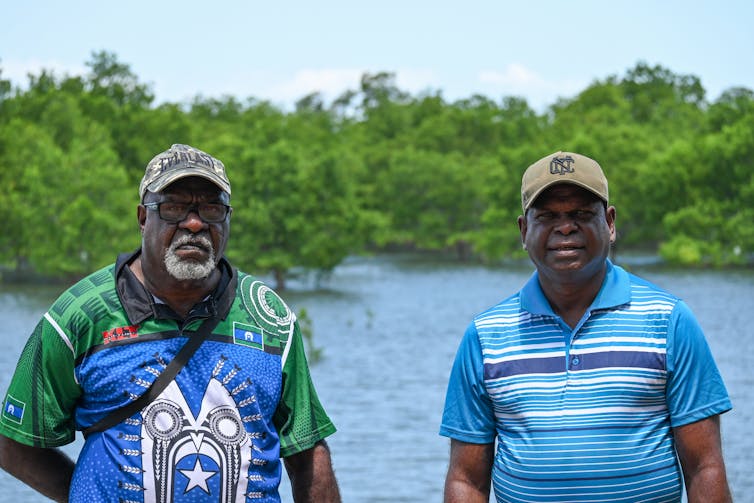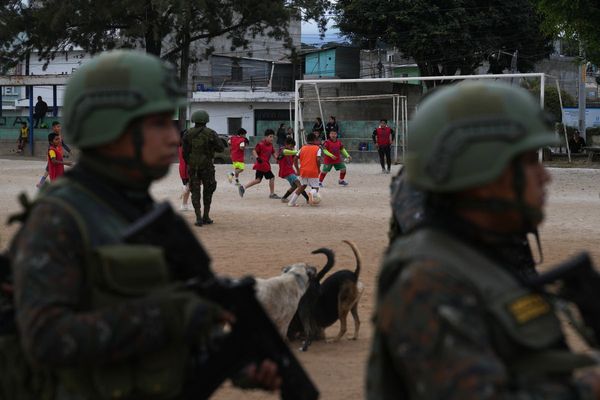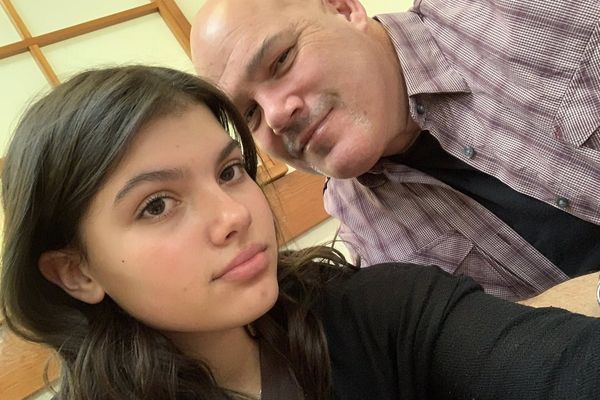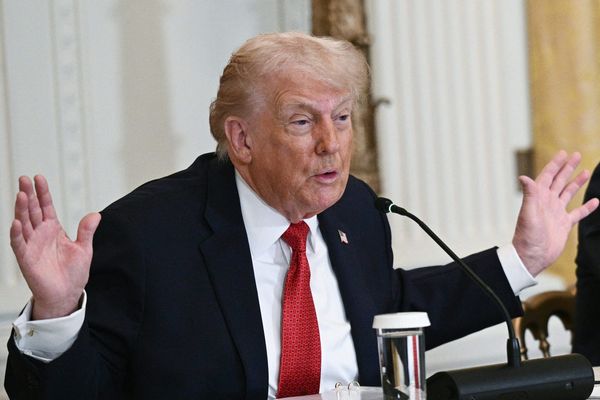
The Federal Court has handed down its long-awaited judgement in a four-year climate case brought by Torres Strait Islanders.
Elders Uncle Pabai Pabai and Uncle Paul Kabai took the Australian government to court on behalf of their community, arguing the government has a duty of care to protect them from climate change. They also asked the court to legally recognise the cultural loss and harm they are experiencing from sea-level rise and climate-induced flooding.
But the court declined to recognise either duty or to legally recognise cultural harm.
Many climate justice advocates hoped today’s decision would be the climate equivalent of the famous Mabo decision, which recognised native title. There are many parallels. At stake was the legal recognition of the harms and loss of connection to Country that Australia’s First Peoples are experiencing through government inaction on climate change.
Vulnerability and leadership
Torres Strait Islanders are well placed to bring this kind of legal claim.
To sue a government for climate inaction, plaintiffs often have to show they are particularly impacted by climate harms over and above the rest of the population.
Claims across the world have been brought by Indigenous peoples, farmers, young people who will experience catastrophic climate impacts in the future, and people with heat-sensitive illnesses.
The islands on which Uncle Pabai and Uncle Paul live, Saibai and Boigu, are extremely low-lying. Climate-related flooding is already affecting whether people can live there.
Importantly, small differences in future emissions scenarios will significantly impact their habitability. Every fraction of a degree of warming will matter.
During the case, climate scientists gave evidence that on the current emissions scenario, the islands are highly likely to be uninhabitable less than 25 years from now.
This will force Torres Strait Islanders to leave, severing them from thousands of years of tradition, fulfilment of their traditional practices (called Ailan Kastom), and connection to country and identity.
The legal claim against the Commonwealth
Uncle Pabai and Uncle Paul argued the Commonwealth government has a duty to protect Torres Strait Islanders from climate change when setting national emissions-reduction targets. They argued the government breached that duty by not setting targets in line with the best available science. This would involve calculating reduction targets by reference to Australia’s share to keep global warming to as close to 1.5 degrees above pre-industrial levels as possible.
Second, they argued the government has a duty to protect property, the fulfilment of their traditional customs, and the health and life of Torres Strait Islanders from climate impacts. They argued the government breached that duty by failing to properly fund the construction of sea walls.
What the Federal Court said
Justice Michael Wigney’s judgement emphasised the existential threat of climate change. It noted Torres Strait Islanders are particularly vulnerable to climate impacts and face a “bleak future” unless urgent action is taken.
But it accepted the government’s argument that setting emissions reductions targets, and allocating funding for protective infrastructure, involves “policy” considerations a court can’t review.
When do governments owe a duty of care to climate vulnerable groups?
Plaintiffs elsewhere in the world have successfully argued that their government owed them a duty of care to protect them from climate harms by lowering emissions. But the argument has had mixed success in Australia.
To establish a legal duty of care, plaintiffs need to show they have some kind of special relationship with the defendant. This relationship arises through factors such as the plaintiff’s vulnerability to a certain harm, and the defendant’s knowledge of, and control over, that harm.
As First Peoples, Uncle Pabai and Uncle Paul argued they have this kind of relationship with the government. They pointed to a range of factors such as the particular vulnerability of the Torres Strait Islanders, and the government’s control over climate harms to them.
Novel duties of care can be imposed on government and public authorities. But Australian courts have sometimes declined to do this where they would have to judge how governments have weighed different policy considerations.
This is partly because it would be too difficult for the court to decide whether the government had met the legal standard of behaviour.
Courts are more willing to find a government owes a duty of care where the government is merely applying a policy, or where it can measure the government’s behaviour against clear standards. But courts have also acknowledged that the distinction between making policy and applying policy is blurry.
Uncle Pabai and Uncle Paul argued the Australian government has committed to the Paris Agreement, and this sets out a clear legal standard of the “best available science”.
The Australian government argued its decisions about climate policy involve complex political priorities that a court shouldn’t review. It argued it shouldn’t be bound by the best available science as a legal standard.

The role of courts in protecting people from climate harm
Today’s decision is a setback for both the climate and Indigenous justice movements. But the situation isn’t as bleak as it may seem.
Across the world, plaintiffs in courts are gaining legal ground on climate accountability. It’s becoming easier to attribute harms to emitters, and to develop standards against which governments can be measured. And courts frequently reject government arguments that their contribution to climate change is minimal. They emphasise that each country must do its share for global collective action to work.
It is a question of when, rather than if, law will adapt to deal with climate impacts. Much like a rising tide breaking against a seawall, the future impact of climate change on things that law already protects is too extreme for the law to resist.
Liz Hicks has previously received a Commonwealth Research Training Program stipend and currently receives funding from the Manchester-Melbourne-Toronto Research Fund for a project on constitutional accountability and the environment. She is also a member of the Australian Greens Victoria.
This article was originally published on The Conversation. Read the original article.







